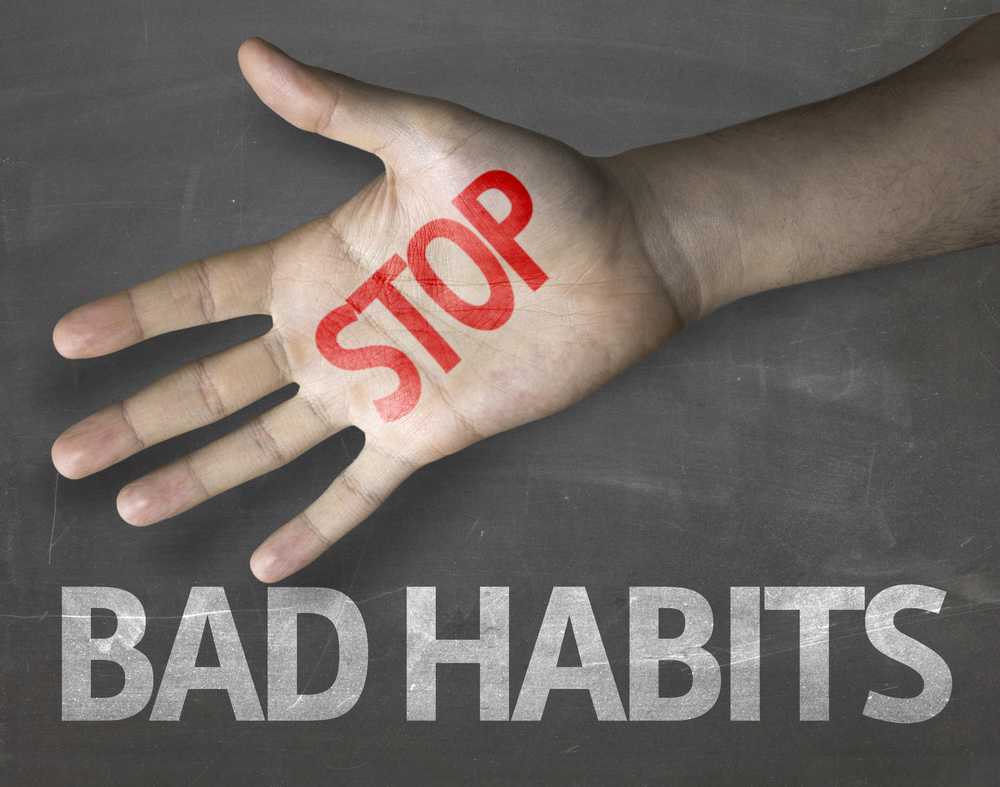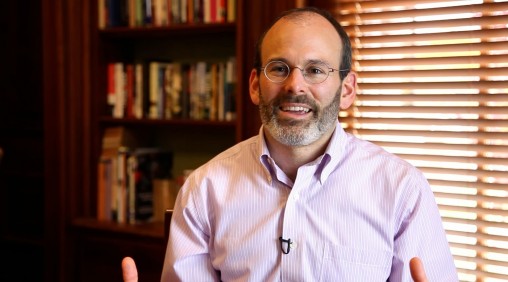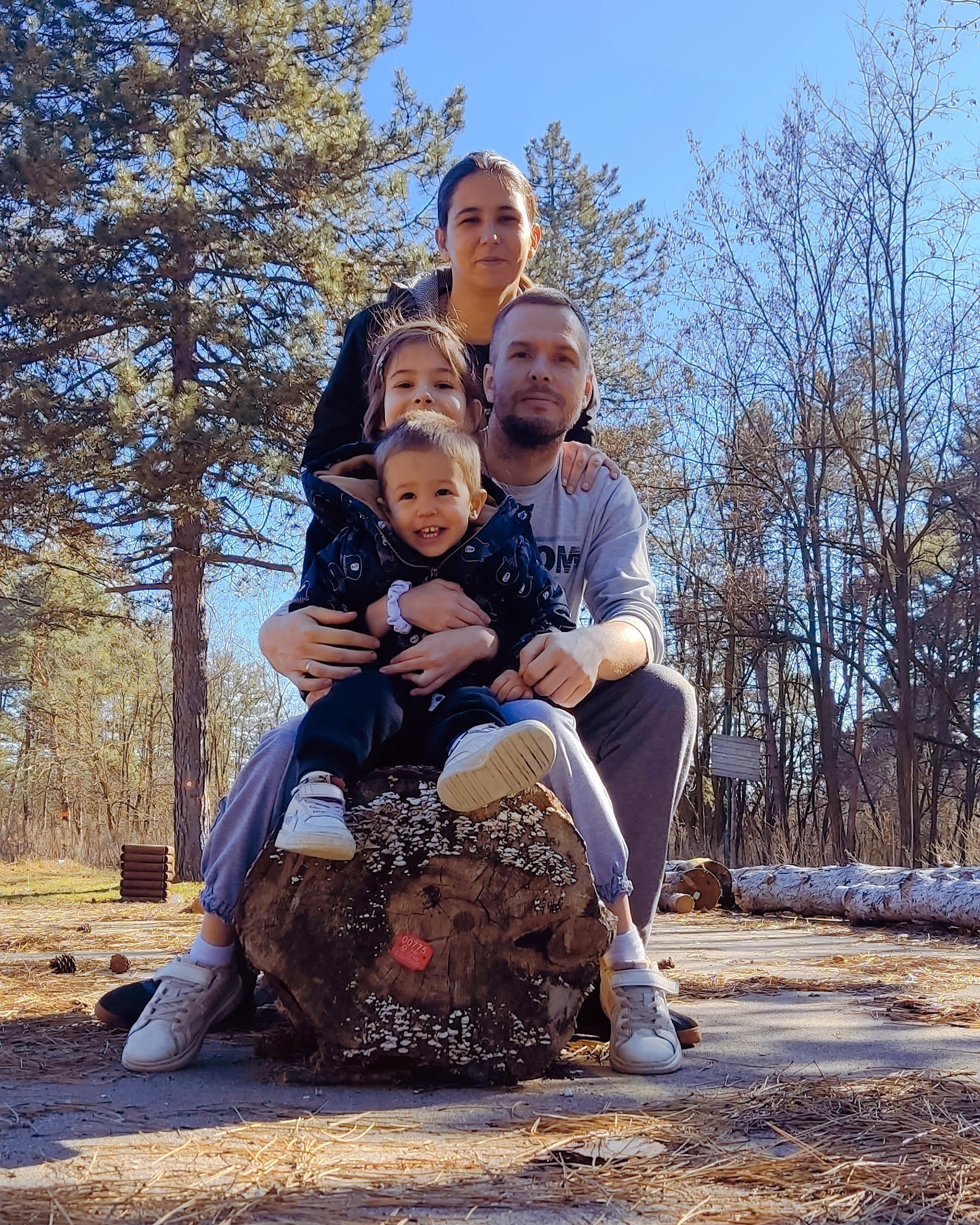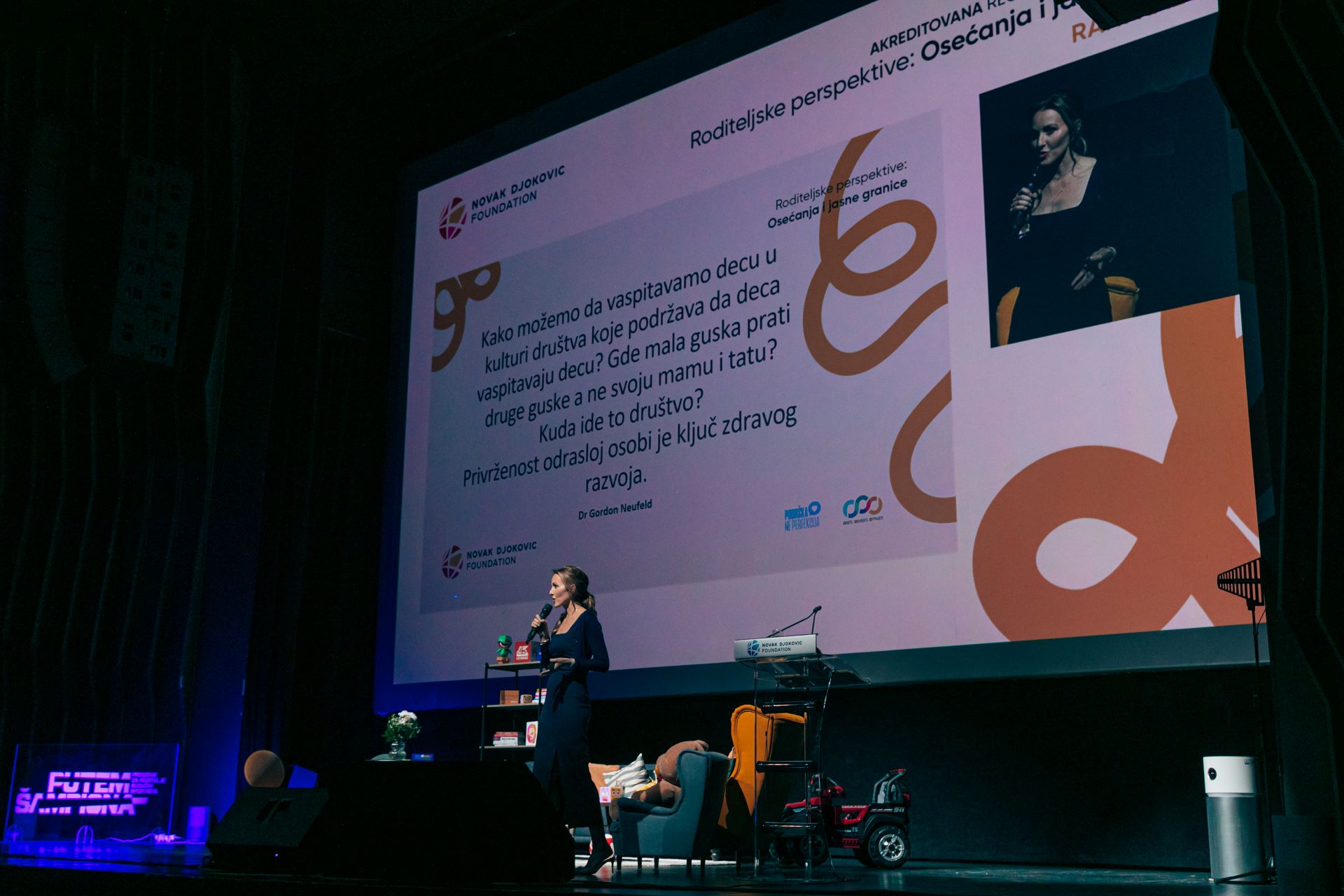Ksenija Pavlovic sits down with Dr. Judson Brewer, to discover what the key to personal transformation is.
Judson Brewer MD PhD is the Director of Research at the Center for Mindfulness and associate professor in medicine and psychiatry at UMass Medical School. He also is adjunct faculty at Yale University, and a research affiliate at MIT.
For NDF, he explains how paying attention helps us see how painful it actually is to continue bad habits:
It is like holding a hot coal or burning stick when we are cold. We thought it was warming us up, but when we look closely, we see that it is actually burning us.
- There is ever present idea that change takes time. Yet, your groundbreaking program Craving to Quit developed at Yale University lasts only 21 days. How fast one can really change and what are the deterring factors of a behavioral change? What does decoupling of craving and behavior has to say about it?
Change does take time; it’s just a matter of how much. Sometimes we learn something very quickly when we really see very clearly what is going on. For example, in the first day of Craving to Quit, we give an exercise where people are supposed to smoke, but just bring mindful attention to it when they do. One of our smokers noted: „Mindful smoking: smells like stinky cheese and tastes like chemicals. YUCK.“ When we really see clearly, we can change whatever habit we are targeting much faster. In fact, we’ve had smokers quit in as few as 2 weeks -simply paying attention can be really powerful.
And this is where the decoupling comes in. One of the best studied and most evolutionarily conserved types of learning is called operant conditioning or positive and negative reinforcement. When we are happy, we crave to smoke to keep that good feeling going, and this leads us to link or couple craving and smoking. The same is true when we feel stressed and go out and smoke to feel better. In our clinical studies, we found that there was a strong link between craving and smoking before people learned mindfulness, but after just 4 weeks of mindfulness training, this link was completely broken (decoupled). People learned that they could just be with, and ride out their cravings (using noting practice like I mentioned before), without reinforcing this by smoking. It was beautiful to watch people learn this as they went through the program.
And this is where the decoupling comes in. One of the best studied and most evolutionarily conserved types of learning is called operant conditioning or positive and negative reinforcement. When we are happy, we crave to smoke to keep that good feeling going, and this leads us to link or couple craving and smoking. The same is true when we feel stressed and go out and smoke to feel better. In our clinical studies, we found that there was a strong link between craving and smoking before people learned mindfulness, but after just 4 weeks of mindfulness training, this link was completely broken (decoupled). People learned that they could just be with, and ride out their cravings (using noting practice like I mentioned before), without reinforcing this by smoking. It was beautiful to watch people learn this as they went through the program.
- How does the positive-negative reinforcement mechanism play out in formation of an addiction?
The more we learn to smoke (or do any other type of reinforcing behavior) in response to wanting good feelings to continue and make bad ones go away, the stronger the habit loop becomes -the more it becomes positively or negatively reinforced.
- You developed an interesting acronym RAIN for a process of personal transformation. (R-recognize, A-accept/allow, I-investigate what is going on in your body N-note what is happening). What‘s the story about that?
As I talked about earlier with using the noting practice to help us stay present with what is actually going on in our experience from moment to moment, the more we are present with what is rather than our projections, fears, worries or stories about our lives, the more we can actually respond to any situation appropriately. But if we can‘t recognize our habit patterns we can‘t step out of them.
So first, we have to do this –Recognize when we have an urge to act out a certain habit pattern. Then we have to see if we are resisting our experience. We can’t change or work with something we are resisting, so we Allow it to be there. Then we bring curiosity to the situation by Investigating what is going on in our bodies right now and Noting what is going on from moment to moment which helps us observe as compared to getting caught up in our fantasies projections or stories.
- Procrastination is a disease of a modern time, dozens of gurus and life coaches claim to have the Know How against it. How does the continuum of underperformance unfold?
Any time we get in our own way by getting caught up in our experiences, we feed the habit of not being completely immersed in what we are doing. The more we do this, the less we are „here“in this moment. The less we are here, the more likely we are to not only make mistakes, but also not learn from them (because we didn’t see how we made them), and also not see what is optimal right now.
- Pay attention to what you are doing and everything will take care of itself. Is this really that easy?
Simple but not easy. The ego will fight us every step of the way, and as part of this, we often don’t want to see what is real. But when we see clearly, we can’t pretend we didn’t see what we just saw (just like with the mindful smoking exercise I mentioned before), and the rest takes care of itself. But don’t believe what I’m saying, try it and see!
Next Wednesday you can read On Mindfulness with Judson Brewer (Part 3) on Novak Djokovic Foundation Blog. You can follow Judson Brewer on twitter at @judsonbrewer.


















